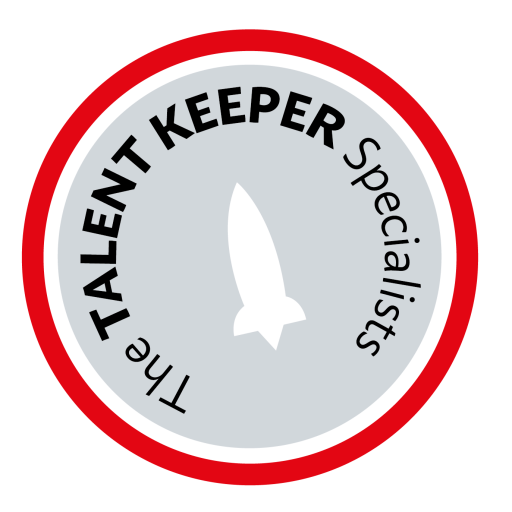APPG Women & Work Report 2017
Are you struggling to find the right people for the vacancies in your organisation? Is gender diversity on your agenda? Last year we hosted a ‘hidden talent action tank’ to help employers tap into the increasing number of skilled women who want to come back to work after an extended break. This week, we attended the launch of the ‘Women and Work’[1] report from a cross-party group of MPs and bring you the highlights from an employer perspective.
The report makes nine recommendations, three are aimed at employers:
5. Every workplace with 250 or more employees should have a carers policy detailing organisational support available for those with caring responsibilities.
This could be cumbersome and unnecessary. In our experience what really matters to employees is being trusted to get the job done and being trusted to use flexible working in a way that works for the organisation and meets family needs. Line manager behaviours are the lynchpin.
6. Every workplace with 250 or more employees should consider putting in place paid returner programmes or returnships with guaranteed training, advice and support.
Returner programmes can be a useful tool but they‘re not right for every organisation. See “What is a returner programme?” for the key questions to decide if a returner programme is likely to fulfill your talent pool shortages. Direct recruitment from the hidden talent pool using ‘reverse headhunters’ such as Inclusivity may be a faster, better value option.
8. Employers should promote best practice through a flexible working kitemark with official accreditation and assessment to increase flexible working visibility and actively encourage the uptake of flexible working.
Many employers we talk to are struggling to recruit women into specialist, skilled and senior roles. Employees who have built social capital in their current organisation and have crafted a flexible working arrangement that works for them are reluctant to move. We discussed the problem of ‘trapped talent’ and flexible hiring on BBC Breakfast – watch the clip here. We believe employers will benefit from advertising roles as flexible and support the APPG’s recommendation.
Shared Parental Leave
Have you found it tricky to implement Shared Parental Leave in your organisation? You’re not alone. 77% of respondents to a CIPD survey said they had to access external advice to understand the process. This headache has been for little gain as another survey of 200 employers found only 1% of men had taken the opportunity to share their partner’s parental leave.
The view at The Talent Keeper Specialists is that SPL was introduced to normalise men caring for their children and lessen the impact of having children on women’s careers. We believe the best way to achieve this – and make it easier for employers – is to divide parental leave into three chunks: one for each parent on a ‘use it or lose it basis’ and a third for either parent.
Childcare
67% of mothers in work and 64% of those not working said the high cost of childcare is a barrier to taking on more employment. [2] The Government is increasing free childcare to 30 hours from September 2017 for working families, to address this.
Our view is that employers who are experiencing talent shortages could significantly widen their candidate pool by being open to flexible working, and making this clear to candidates at the point of hiring. Read “Employers benefit by ‘talking flex’ when hiring.”
Supporting maternity returners
You know the ‘cost’ of replacing an employee is more than just the recruitment fees. Keeping and fueling existing valued and talented employees should be a priority for business. The Equality and Human Rights Commission launched the ‘Working Forward’ campaign last autumn to make UK workplaces the best they can be for pregnant and new mother employees.
We run maternity comeback workshops for returning employees and a separate session for line managers. Find out more: https://www.talentkeepers.co.uk/shape-the-landscape/
About The Talent Keeper Specialists
Since we started in 2012 The Talent Keeper Specialists have delivered on time, within budget and to glowing feedback from our clients and their employees at places such as Boots, Anglia Ruskin University, The Law Society of Scotland, The Institute of Chartered Accountants England & Wales, Boots, Enfield Borough Council, Oxfam, Channel 4, PayPal, Carillion and Twinings. We work with employers to shape inclusive workplace cultures and support the transitions of returning employees and women stepping into leadership roles. Watch our 2 minute film here: https://vimeo.com/187137094.
[1] The Women and Work APPG was formed at the beginning of 2016 in response to the increasing public and political focus on the role of women in the workforce, and the acknowledgement from Government that the UK economy underuses women’s talents and misses out on a “huge economic prize”.
[2] Careers and cares: childcare and maternal labour supply, Resolution Foundation and Mumsnet, 2014


